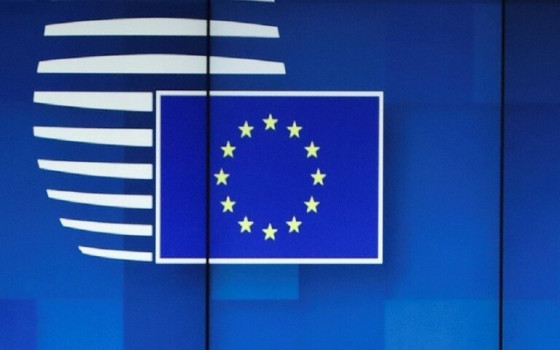
The European Union and its member states are the largest global provider of development aid, approaching one hundred billion euros

- Europe and Arabs
- Monday , 24 June 2024 16:43 PM GMT
Brussels: Europe and the Arabs
The EU Council today approved the conclusions on the EU's development aid objectives in the thirteenth annual report to the Council, which confirms that the EU and its Member States have maintained their position as the world's largest provider of official development assistance (ODA). The report analyzes trends in EU official development assistance (ODA) commitments and their implementation.
A European statement distributed in Brussels on Monday said that in an increasingly complex financing landscape, which has been severely affected by Russia's aggressive war on Ukraine, the Covid-19 pandemic, the impact of climate change, biodiversity loss and pollution, official development assistance remains a major source of financing for the poorest countries. It continues to play a crucial role in achieving the 2030 Agenda.
The Council notes in its report that in 2023, the EU's collective official development assistance reached €95.9 billion, up from €93.3 billion in 2022 and €71.6 billion in 2021. This increase since 2021 demonstrates the Union's renewed efforts. The European Union and its Member States to provide support to developing countries and people living in fragile situations, through a Team Europe approach.
Therefore, the European Union and its Member States maintained their position as the world's largest provider of official development assistance, representing 42% of global official development assistance in 2022 and 2023, and confirmed their leadership in the global sustainable development agenda.
In 2023, combined EU official development assistance represented 0.57% of the EU's gross national income. Although there is a slight decrease compared to their share of 0.59% of EU GNI in 2022, this is still much higher than the share of 0.49% in 2021 and, indeed, of the total non-EU DAC members, whose official development assistance represents 0.31% of their national income in 2023.
The Council stresses that it is urgent for the European Union and its Member States to take additional measures towards achieving the individual goals and the European Union's collective commitment to providing 0.70% of gross national income as official development assistance, and allocating 0.20% of its official development assistance to the least developed countries. By 2030.












No Comments Found